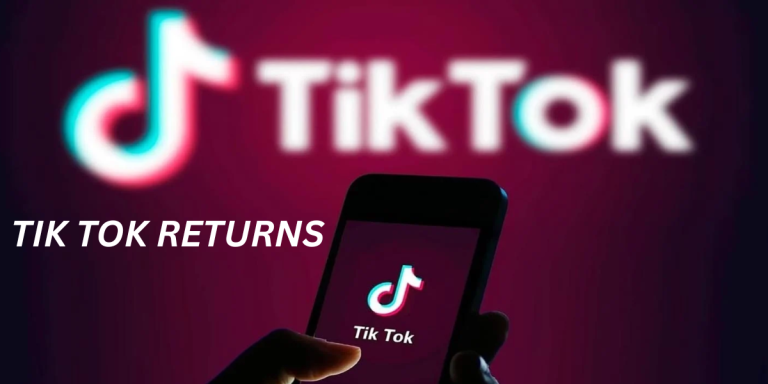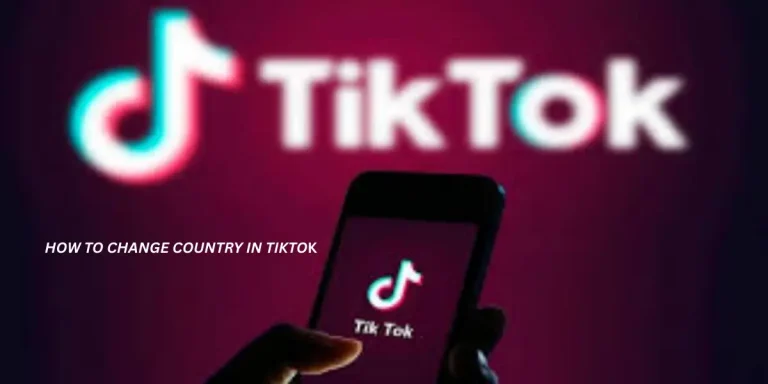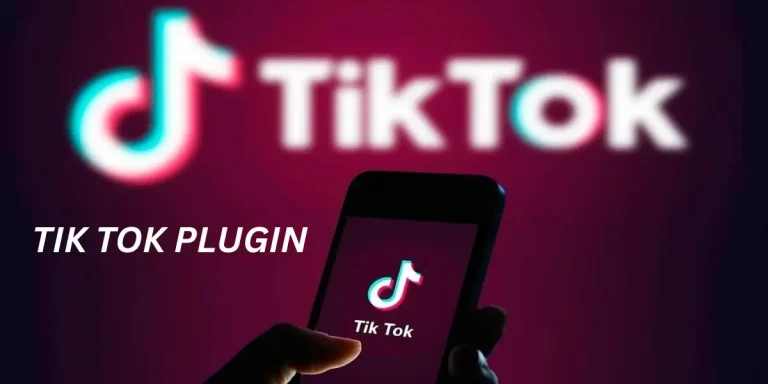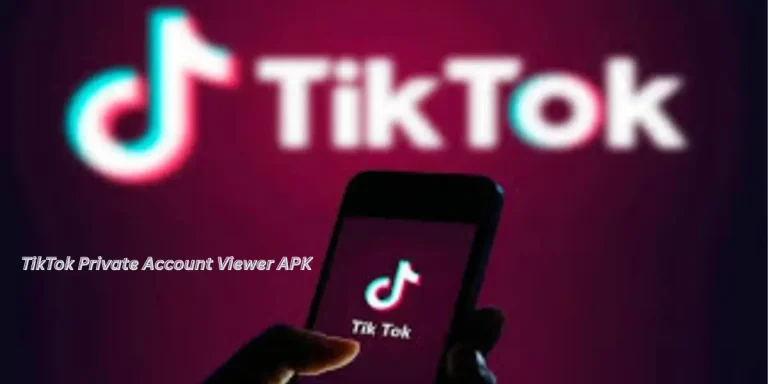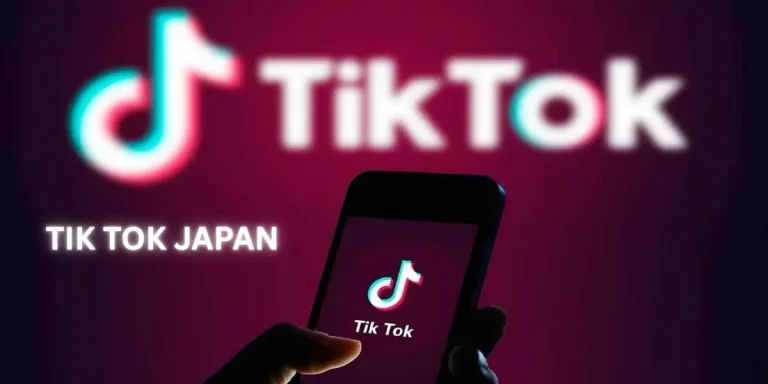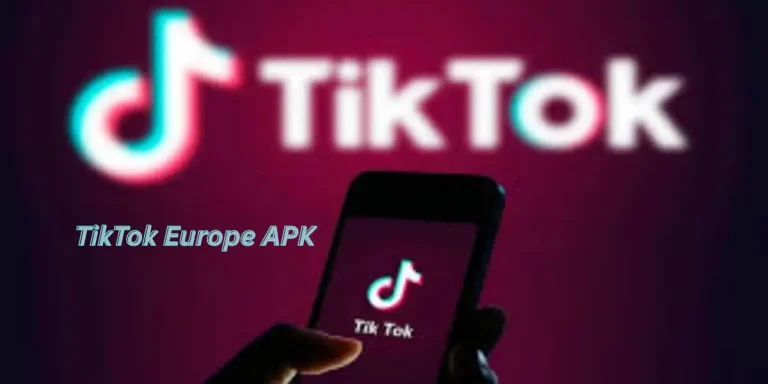TIK TOK BAN IN US
The Future of TIK TOK in the US: Will TIK TOK get banned in the US?
TIK TOK has moved up in popularity, captivating millions of users with its short-form video content. However, amidst covers over data privacy and national security the question looms: Will TIK TOK face a ban in the United States?
In November, a U.S. federal judge in Montana blocked an effort to ban TIK TOK within the state. The vogue of the app with young Americans could also be problematic.
Many people around the world use TIK TOK as a main source of income. TIK TOK transformed the world not only in entertainment.
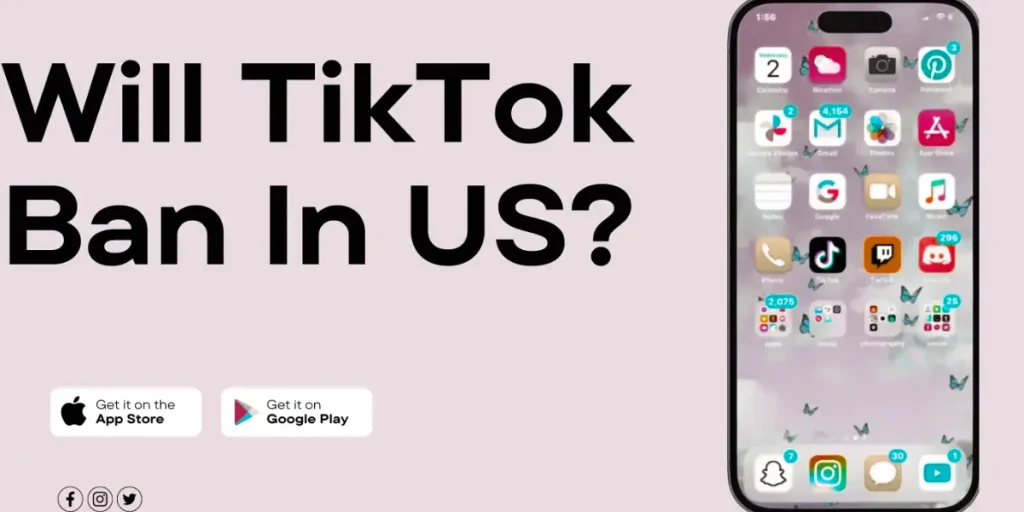
A newly forged law compels TIK TOK’s parent company to sell the video-sharing platform or face a ban in the U.S. could be in for an upward battle in court.
The app’s China-based owner, Byte Dance, filed a legal action Tuesday, calling the measure unconstitutional. Critics of the sell-or-be-banned final warning violate TIK TOK users’ First Amendment rights.
But a court challenge’s success is not guaranteed. The law’s rivals, which include advocacy organizations like the American Civil Liberties Union, sustain that the government hasn’t come close to account for banning TIK TOK, while others say national-security declarations could still prevail.
For years, lawmakers on both sides of the passage have expressed concerns that Chinese authorities could force Byte Dance to hand over U.S. user data, or affect Americans by suppressing or promoting unquestionable content on TIK TOK. The U.S. has yet to furnish public evidence to support those claims, but political pressures have piled up nevertheless.
If upheld, legal experts also stress that the law could set a precedent carrying wider rectifications for digital media in the U.S.
Here’s what you need to know.
Is a TIK TOK Ban in the US Unconstitutional? Latest Court Debate
That’s the central question. TIK TOK and opponents of the law have contended that a ban would violate First Amendment rights of the social media platform’s 170 million U.S. users.
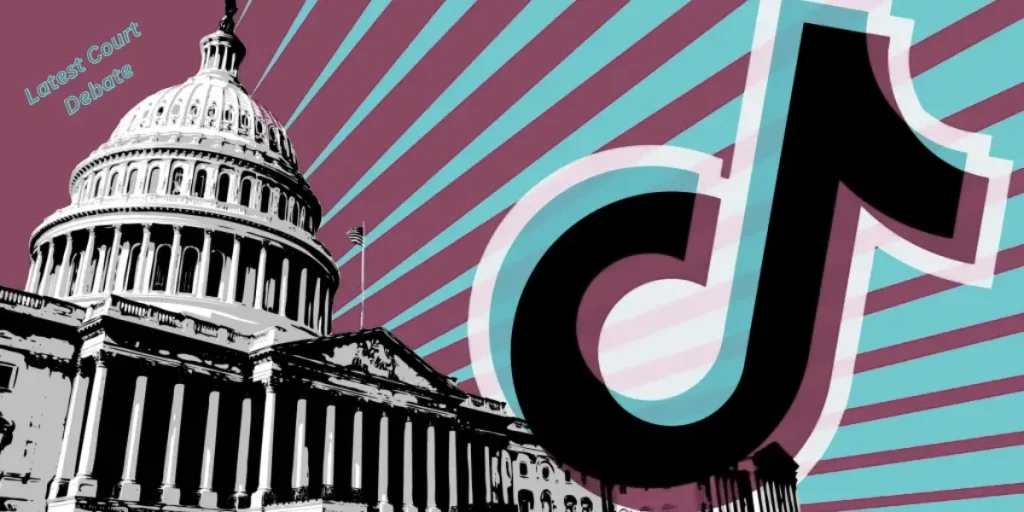
Patrick Toomey, deputy director of the ACLU’s National Security Project, previously told The Associated Press that a TIK TOK ban would “stifle free expression and curtailment public access” to a platform that has become a central source for information sharing.
Among key questions will be whether the codifications stand in the way of with the overall content of speech on TIK TOK, Elettra Bietti, an assistant professor of law and computer science at Northeastern University, noted following the law’s passage last month — as content-based restrictions meet a higher level of perusal.
“Congress has taken the unprecedented step of distinctly singling out and banning TIK TOK: a vibrant online forum for out of danger speech and expression used by 170 million Americans to create, share, and view videos over the Internet,” Byte Dance said in its legal action Tuesday. “For the first time in history, Congress has ratified a law that subjects a single, named speech platform to a permanent, nationwide ban, and bars every American from participating in an individual online community with more than 1 billion people overall.”
Could TIK TOK Successfully Prevent the Ban in Court? TIK TOK Ban in US Update
TIK TOK has expressed confidence about the prospects of its law challenge.
Rest assured, we aren’t going anywhere , TikTok CEO Shou Chew said in a video response on X. He posted the statement shortly after the legislation became law on April 24.
“The facts and the Constitution are on our side, and we expect to persuade again.”
Toomey also said that he was optimistic about the possibility of TIK TOK being able to block the commute in court, noting that both users and the company “have extraordinarily strong” First Amendment claims.
“Many of the calls to completely ban TIK TOK in the U.S. are about scoring political points and rooted in anti-China sentiment,” Toomey added. “And to date, these steps to ban TIK TOK have not been remotely buttressed by solid public evidence.”
Still, the future of any litigation is hard to predict, uniquely for this kind of case. And from a legal perspective, it can be difficult to cite political motivations, even if they’re well-documented, as grounds to give the lie to a law.
The battle could also cord along for some time, with the potential for appeals that could go all the way to the Supreme Court, which would suitably uphold the law due to its current composition, said Gus Hurwitz, a senior fella at the University of Pennsylvania’s Carey Law School.
HOW MIGHT THE GOVERNMENT RESPOND TO THE CHALLENGE?
TIK TOK’s law defiance won’t go on without a fight. The government will likely respond with national security claims, which were already cited prominently as the codification made its way through Congress.
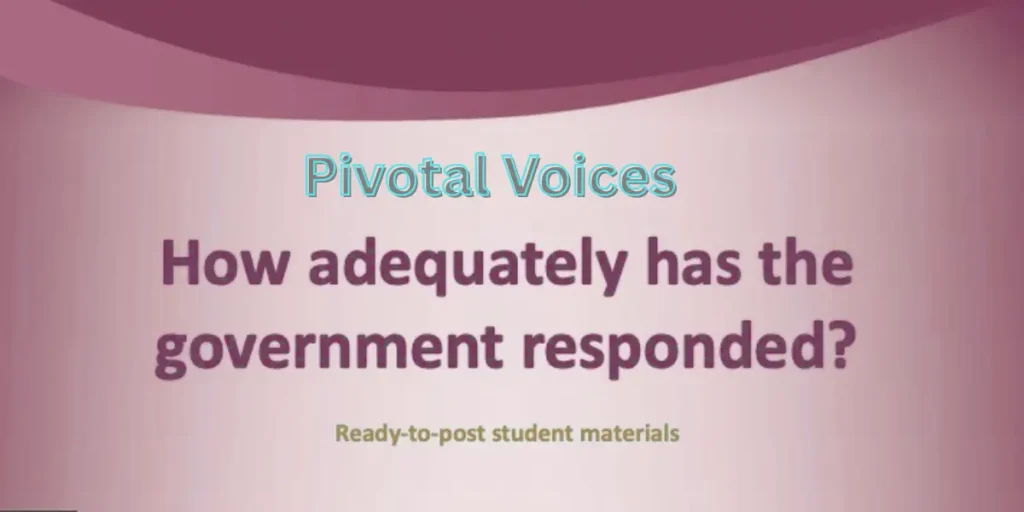
Toomey maintains that the government hasn’t met the high bar requisite to prove forthcoming national security risks, but some other legal experts note that it’s still a strong card to play.
One of the unfortunate and thwarted things about national-security legislation (is that) it tends to be a trump card,” Hurwitz said. “Once national-security proceedings come up, they’re going to carry the day either successfully or not.”
Hurwitz said he believes valid national security arguments exist in this case. He noted that the issue can be framed as an allied measure. That sets this scenario apart from hitherto unsuccessful state-level legislation seeking to ban TIK TOK, such as in Montana.
But national-security arguments are also unsafe to question as to why TIK TOK is getting specific scrutiny.
Conclusion:
The debate over TIK TOK’s presence in the US highlights bigger issues of data privacy, national security, and global relations. Policymakers continue to struggle with these intricate dilemmas. TIK TOK’s fate has become a signal for the future of social media regulation and oversight.
Whether the app survives or bows to geopolitical pressure is still uncertain. One thing is clear: a possible ban would have effects reaching far beyond TIK TOK itself.

